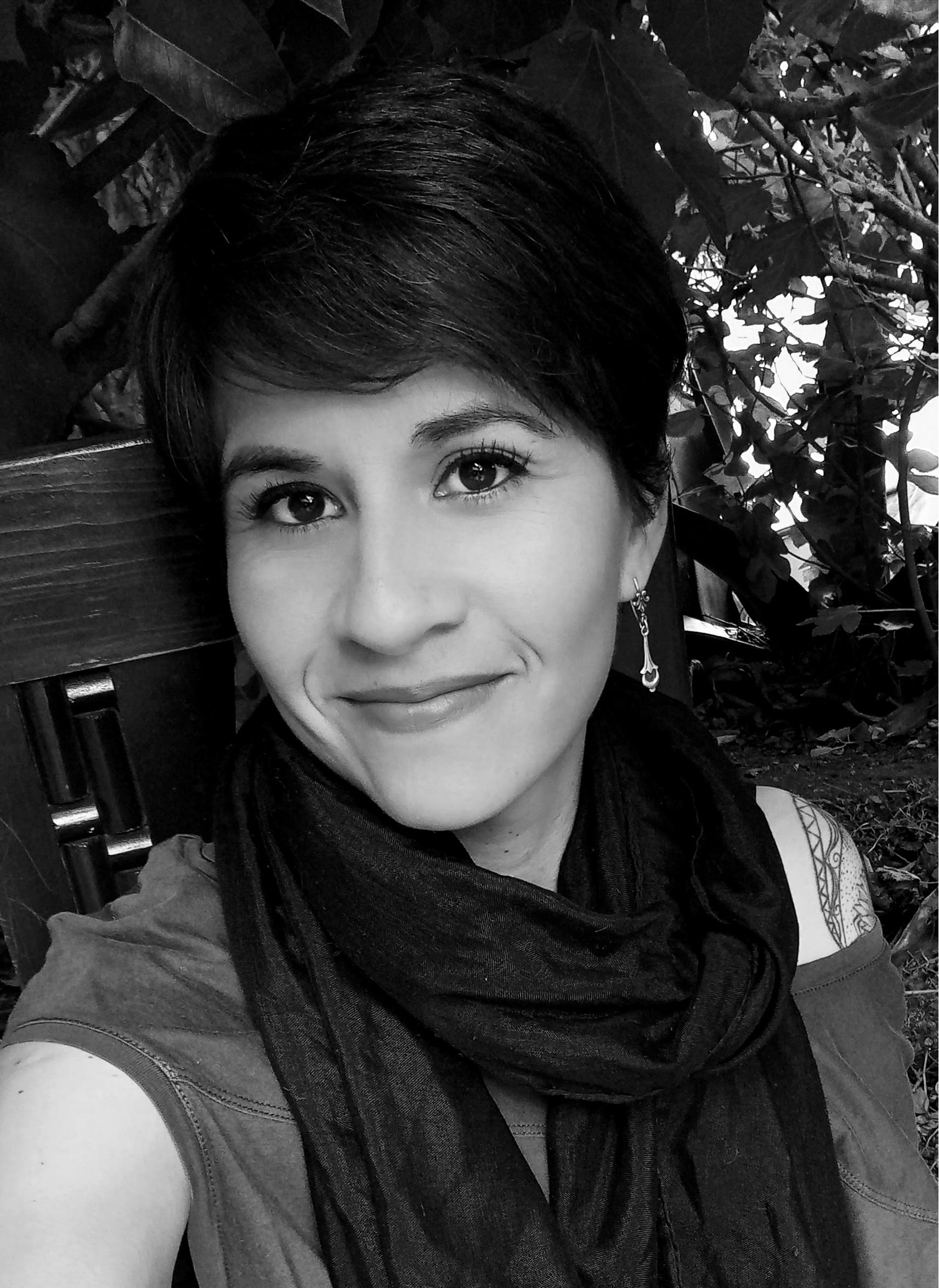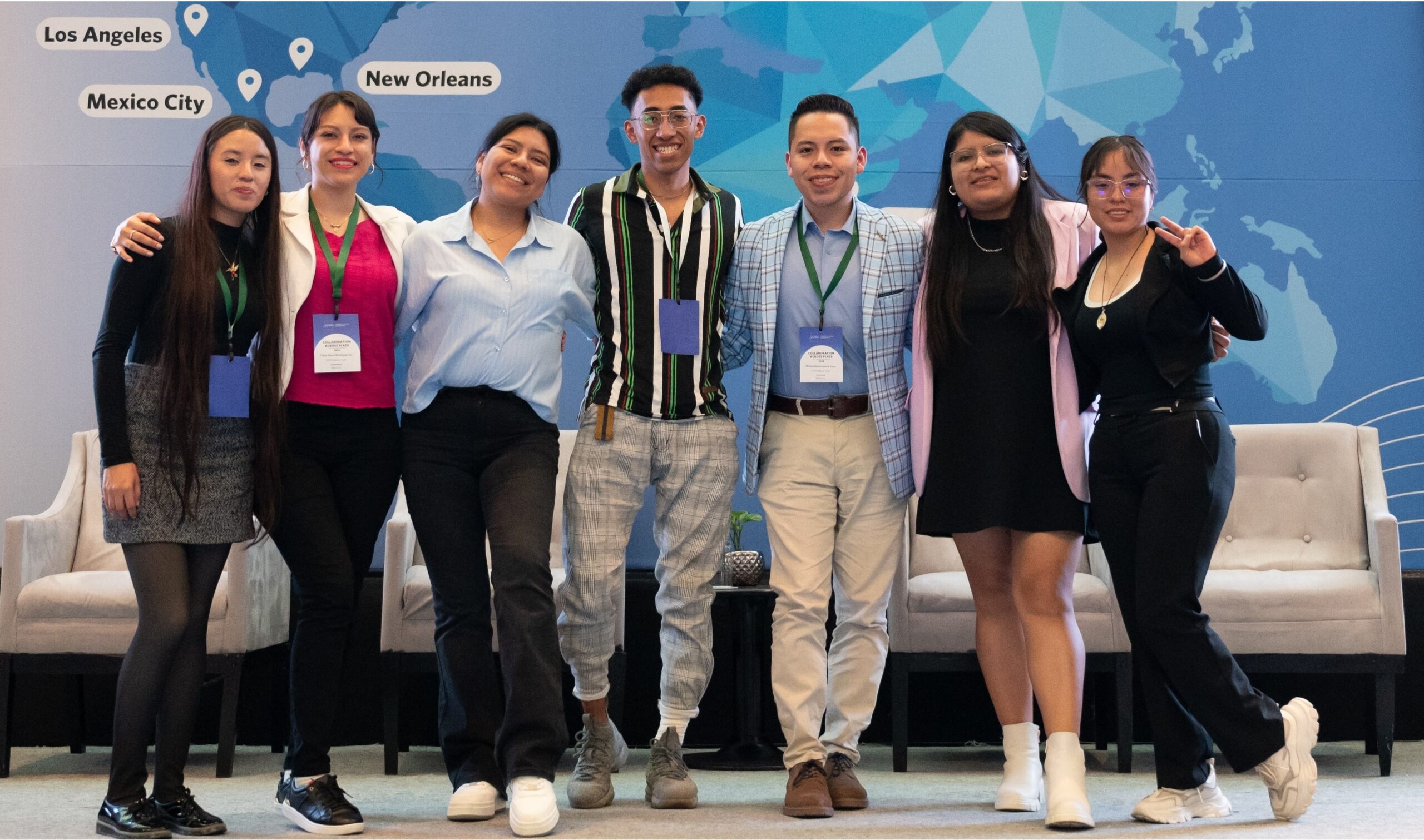By Ms. Mitzi Elizabeth Robles Rodriguez
Program Officer at the Civic Collaboration Center
One of the greatest social challenges facing Mexico has to do with transforming the structural conditions of vulnerability suffered by young people into substantive economic, educational and political opportunities that guarantee them dignified ways of life, in accordance with their needs and individual, collective or community projects.
According to a study carried out by Citizen Action Against Poverty[1], specifically in the metropolitan area, there are at least 543 thousand young people between 15 and 29 years old in conditions of social exclusion, since they have not had the opportunity to access the upper secondary education system - or are at risk of dropping out -, they do not have a stable and sufficient income to cover their basic needs and/or they lack access to the social security system. The gender dimension is also a fundamental criterion to analyze these structural conditions of vulnerability, since 73% of the total number of young people affected by the different forms of exclusion are women who perform domestic and care work without any type of remuneration for them, just over half have daughters or sons.
Of the total of 543,000 excluded young people, 216,000 live in Mexico City. All of them face stigma and discrimination dynamics that not only prevent the recognition of their abilities for development in different technical, professional and/or economically productive fields, but also deepen the reduction of their possibilities to access stable means of subsistence. In this same sense, the same diagnosis shows the importance of recognizing that the development and implementation of public policies to address the problems of young people have not managed to significantly expand the forms of economic, educational and social inclusion.
Faced with these complex contexts, the opportunity youth of Mexico City[2], committed to building ways to transform their social circumstances, are promoting processes of reflection and construction of concrete actions that allow them not only to make visible the different problems they face, but above all to be the central actors who achieve said transformation. For this reason, given the current social and political situation, marked by important changes in governments and governance at local and national levels, this group of opportunity youth has not only raised the need to build proposals for economic inclusion policies in Mexico City, but also to carry out actions that make visible their main demands, which affect other young people in their communities who face similar structural vulnerability conditions and, therefore, consolidate their political agency.
The consolidation of the political agency of the group of young people of opportunity has also meant the creation of spaces for their strengthening for collaborative incidence and political dialogue, in order to deepen the skills they have acquired through their multiple experiences in the construction of alternatives. In this situation, the Civic Collaboration Center (CCC) was convened to share, through a practical workshop, substantive elements for communication, negotiation and political dialogue. In this way, the young people of opportunity, through dialogue, collective reflection and the sharing of experiences, interests and concerns, understood that their political agency and the impact of the actions (through which they influence their contexts in a particular way, as well as the decisions of those who assume the mandate of creating and implementing public policies to address the problems that afflict them), requires material and immaterial resources that amplify the results of their actions.
Communication for advocacy can be conceived as one of those intangible resources that allows them to build new, solid and critical narratives that, in addition to making their demands visible, assertively and strategically transmit their problems. In this sense, young people had the opportunity to reflect on the criteria that make a message or narrative really succeed in influencing a social or political space, relevant to their demands and actions. It has been essential for them to recognize that the construction of solid and powerful messages is part of the collective organization that precedes dialogue and/or political interlocution; and that these messages must be capable of communicating everything that constitutes their subjective and collective history, as well as everything they have managed to understand regarding the problems that affect them, such as the causes, the obstacles they face and the alternative solutions they identify. The latter is fundamental for the development of their role as agents of change.
For the Opportunity group of young people, social and political change requires dialogue and negotiation with other relevant actors, who play a fundamental role in decision-making that defines the solutions and alternatives they seek. Thus, deepening the knowledge they have acquired from different experiences in collaborative negotiation, as well as strengthening their skills for it, has become a fundamental axis for the continuation of their political process.
Collaborative negotiation as a central strategy for political advocacy is a way of seeking consensus, agreements and, most importantly, solutions that meet the needs of the people or groups of people affected by a given problem. This requires recognizing the interests and proposals of the counterparts, developing active listening to their priority concerns and constructing responses that satisfy all the people involved in the process.
Under this premise, young people have been able to glimpse, through a process of practical collective learning, that a substantial part of political dialogue is precisely the construction of messages with the capacity to influence politics, as well as the recognition of the position and interests of the person or actors with whom they seek to build a collaborative negotiation process, in order to find a viable alternative to any type of problem they raise in the different spaces in which they have a social and political impact.
From this perspective of strengthening political skills, the group of young people with full awareness of the challenges they face in the current political situation, amplifies its possibilities of influence and prepares itself in a critical way to position itself with increasing strength in the public arena as a network of conscious young people. Young people who face the social and economic problems that affect them by proposing alternatives, mobilizing collectively; and calling on other young people to join in making visible the conditions of vulnerability with which they live, to jointly build their demands and to imagine real solutions to have a dignified and sustainable life over time.
[1] Extensive information on this study can be found in the document: Global Network of Opportunity Youth of Mexico City (GOYN CDMX). (2024). “Opportunity Youth in the City: Our Voice, Our Work, Our Impact”. Available online at the link: Doc April 3 (juventudes.mx)
[2] Opportunity youth are between 15 and 29 years old, they define themselves as resilient, creative people with problem-solving skills, who live in adverse contexts in Mexico City and the metropolitan area and who have mobilized to contribute to the construction of alternatives to the problems that afflict them.






